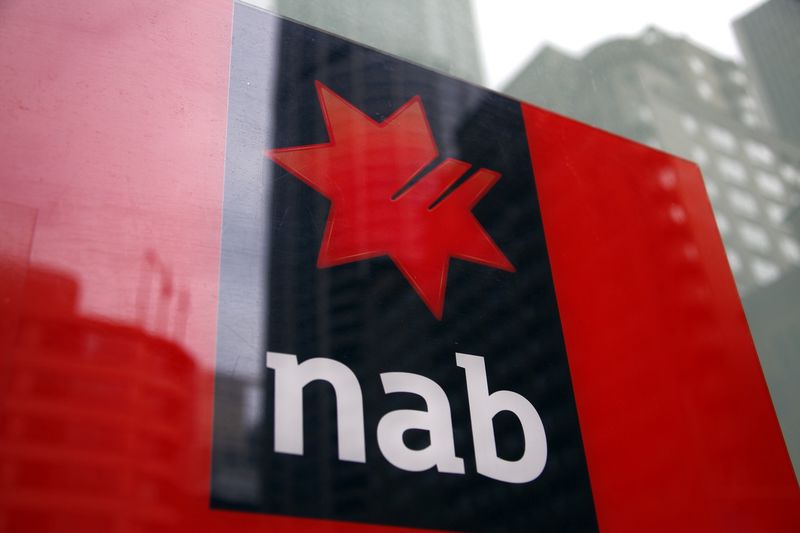* Absence of 'Big 4' banks hurts surveillance of movements
* Underground operators 'thriving' now - police source
* Regulator says it will keep monitoring impact of bank exit
By Swati Pandey
SYDNEY, Feb 25 (Reuters) - The decision by Australia's major banks to quit the country's $35 billion a year remittance business is driving fund-transfers underground, a trend exposing the country as a weak link in the global fight against money laundering and financial crime.
Interviews with regulators, operators who handle remittances and federal police indicate that the risks associated with sending funds overseas have increased since the last big bank in the business, Westpac Banking Corp WBC.AX , exited it in early 2015.
They warn that the banks' move to shut the accounts of remittance firms has pushed transfers into murky channels, making them harder to trace and leading to compliance headaches for Australia's anti-money laundering regulator AUSTRAC.
The move, which has hit a majority of Australia's roughly 500 money-transfer operators and sent several out of business, follows a worldwide trend of "de-banking" sectors deemed risky.
Australia is particularly vulnerable to such moves because its "Big Four" - Westpac, Commonwealth Bank of Australia CBA.AX , National Australia Bank NAB.AX and ANZ Banking Group ANZ.AX - account for about 80 percent of the country's banking activity, leaving agents who receive money to remit with fewer options.
"More hawala (underground) operators are thriving now," said a person in the Australian Federal Police (AFP) investigations unit who requested anonymity.
"We don't want money finding its way to the Middle East and we don't want Australia to become an easy destination to move illegal money. But we don't necessarily have the bandwidth to go out and get them."
An AFP spokesman declined to comment on ongoing operations.
An association of Australian firms involved with remittances said it was working with regulators and the government to seek a long-term solution.
CANCELLED REGISTRATIONS
The Attorney General's Department, when asked if risks have risen over the past year, told Reuters AUSTRAC will continue to monitor the impact of bank de-risking on remittances.
Since April 2014, AUSTRAC has cancelled or suspended registration of 17 remittance providers, according to its website.
Globally, migrants use money-transfer agents to send money home to support families. Many use agents, who work with banks. In Australia now, the big banks' exit from the remittance sector has meant unwelcome changes for money-transfer operators.
Three large ones told Reuters they've set up a holding company under a new name in order to open a bank account without identifying their core business of remittances.
Yusuf, a Melbourne-based Somali, says transporting bags of cash of up to A$1 million ($709,100) a month to Dubai, like some rivals do, to go onward to Somalia could be his best option to stay in business.
In the absence of banking support, he is depositing customer funds to the bank of a foreign-exchange company which then remits money to Somalia on his behalf.
There has been a jump in transactions of under A$10,000, which can go unnoticed by compliance systems, the person in the police investigations unit said.
REDUCED SURVEILLANCE
Besides, money laundering experts worry that the absence of big banks has removed a layer of surveillance by AUSTRAC.
When the banks were there, AUSTRAC would receive two reports on transfers above A$10,000 - one from the bank and another from the remitter - letting it tally figures and question the remittance-handler about any discrepancy.
Now funds risk leaving Australia with little scrutiny.
Carrying cash physically out "is allowed but how is that safer? How is that better than going through banks?" asked a Sydney compliance professional who advises on risks posed by money laundering and terrorism financing.
Thyer McCaffery, Sydney-based founder of International Payment & Transaction Monitoring Association, said that without banks in the business, Australia's security "is being adversely affected as remittance funds are being diverted through unregulated channels."
McCaffery, whose group works with banks and others to provide transaction data, said he is pushing to get banks to realise "it is better to monitor risk than pretend it is not there."
